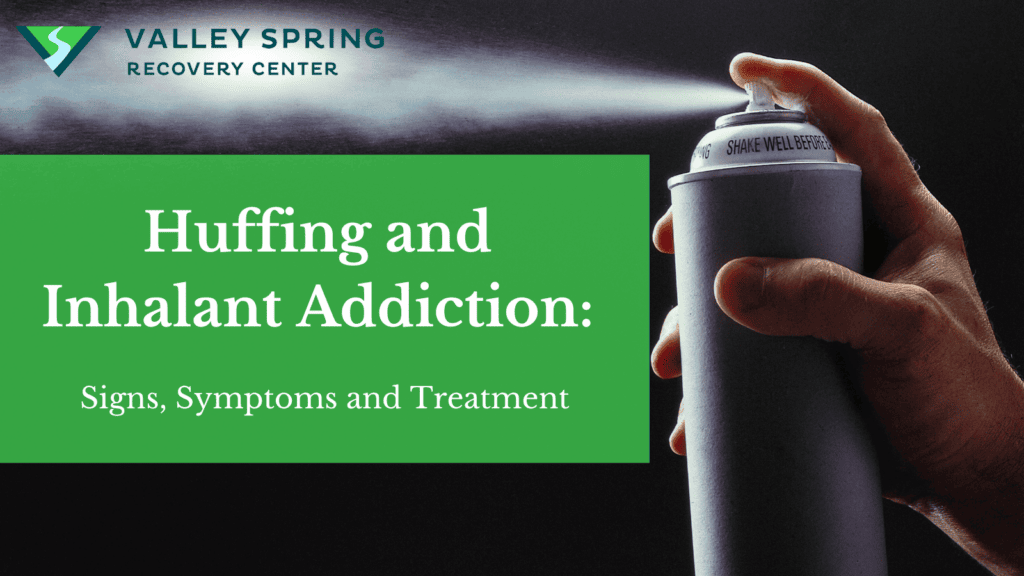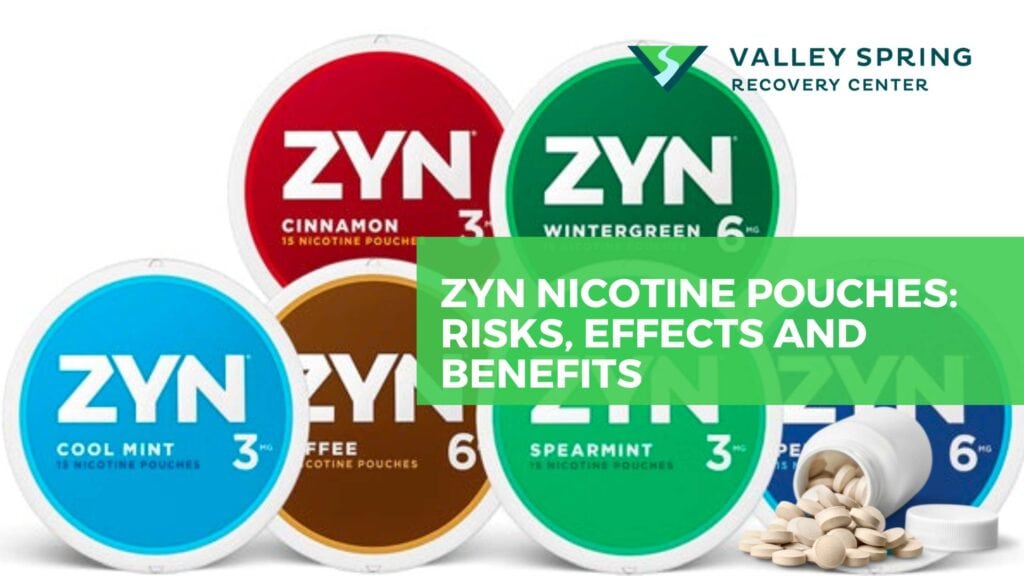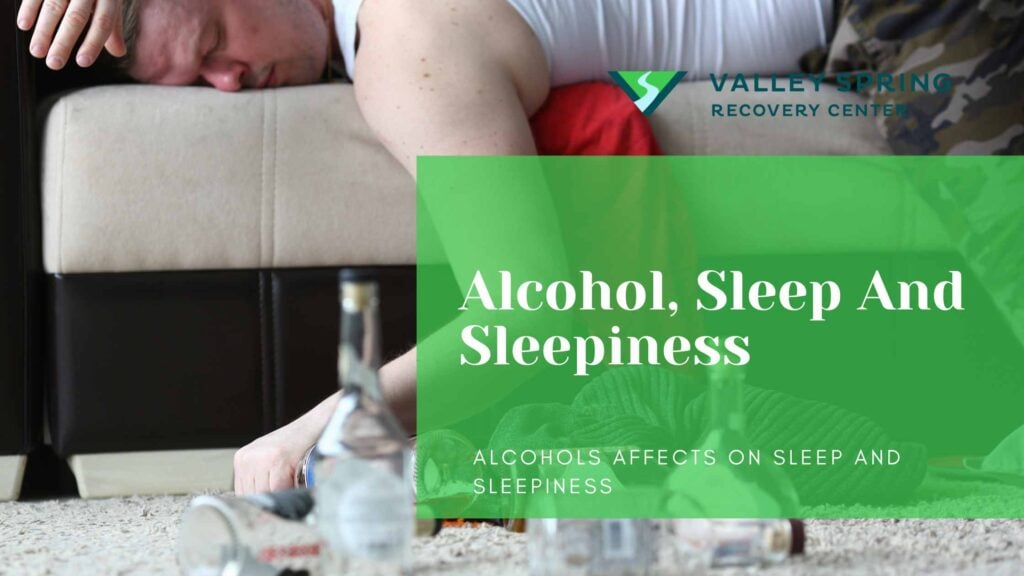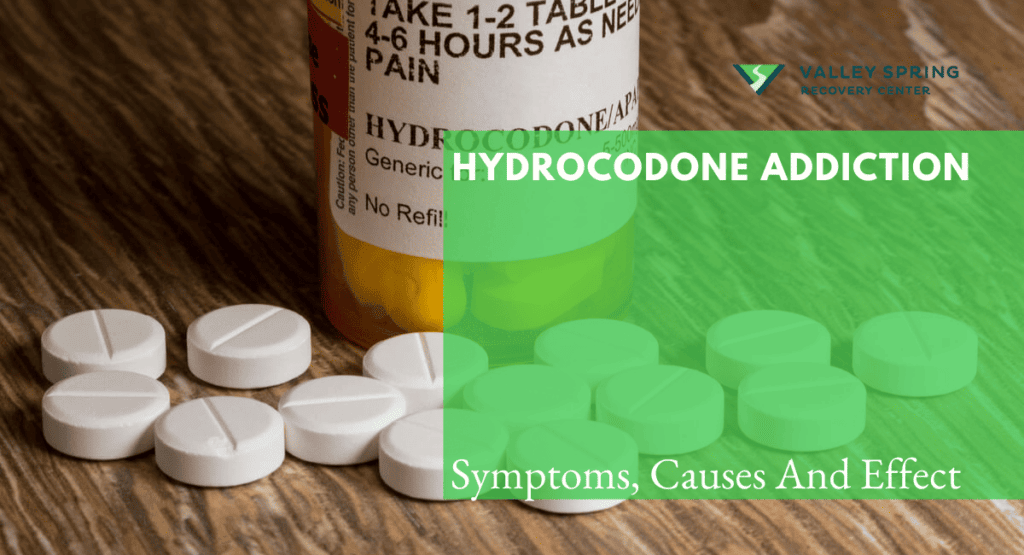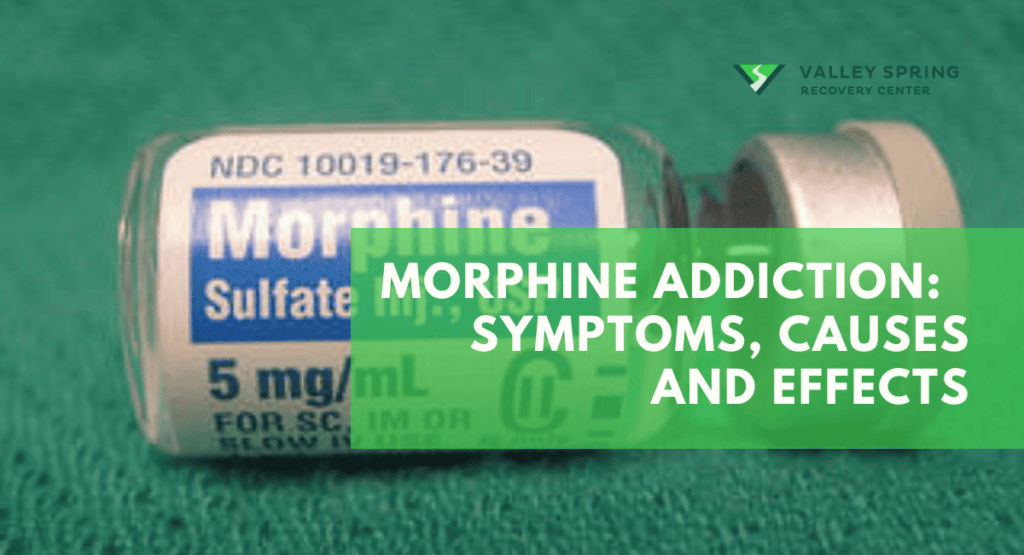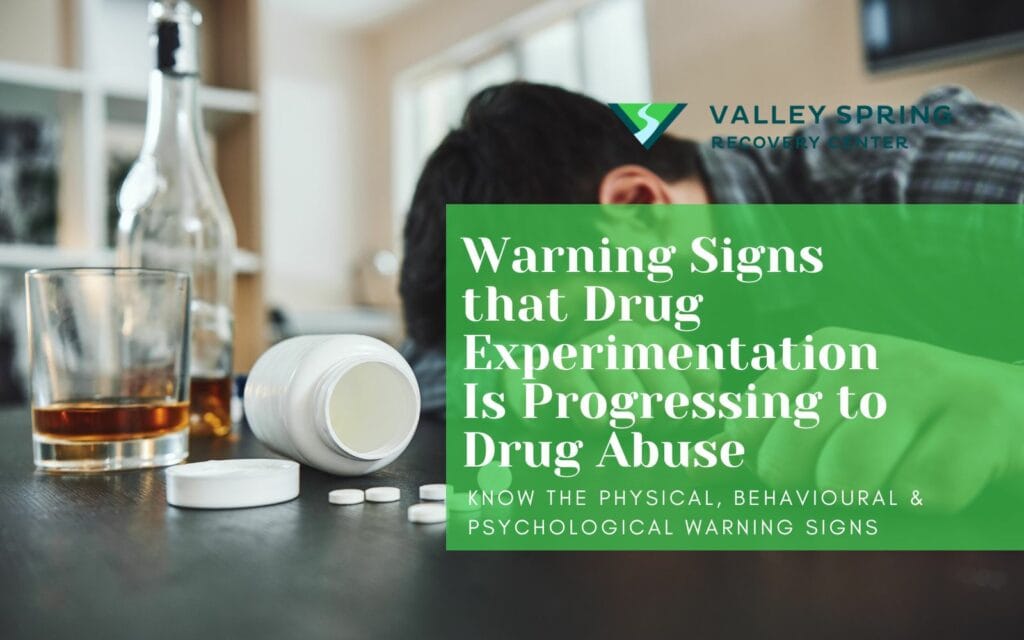Whippets are undiluted nitrous oxide, typically inhaled from whipped cream canisters as recreational drugs. This inhalant is popular among teens and young adults because it offers a transient high. However, the effects it has on health are both lasting and deleterious.
According to the ongoing global drug monitoring initiative from the Global Drug Survey, 29.4% of the US population have used nitrous oxide as a recreational drug at least once in their lives. And the trend seems to be on the increase.
What Are Whippets?
Whippets, also called whippits or whip-its, are a popular recreational inhalant drug. The name comes from whipped cream canisters with little chargers that contain nitrous oxide, a colorless, odorless, sweet-tasting gas.
Nitrous oxide has a long history of use, initially gaining popularity in the medical field as an anesthetic. However, its euphoric and dissociative effects have led to its recreational use. It is often a regular appearance in parties because of its ability to give a quick high.
To consume this drug, users mostly inhale these drugs straight out of the chargers or fill balloons and inhale the air out of the balloon. Some people fill a bag with laughing gas and cover their heads with it. The effect? A quick high and deleterious effects on their health.
Whippet cartridges are very easily accessible. It just takes an empty can of whipped cream. And if that is not available, these cartridges can be bought in stores. This ease of access is a major contributing factor to the high level of inhalant abuse in the country.
To curb this, some states have banned the sales of nitrous oxide canisters to anyone who isn’t older than 21.
What is the whippet high like?
When inhaled, nitrous oxide induces a short-lived but intense state of euphoria and dissociation. It usually comes with a sense of relaxation, dizziness, and calmness.
Users may experience a sense of floating, mild hallucinations, and uncontrollable stamping and laughter, which explains the nickname “laughing gas.” Some people who use this substance might also find it difficult to keep their balance and their speech might slur.
The effects usually last for a brief period, leading to a quick onset of euphoria and a rapid return to baseline.
Are Whippets Bad For Your Body?
The safety of using whippets, or nitrous oxide, depends on several factors, including the frequency and amount of use, as well as individual health conditions.
While nitrous oxide is commonly used in medical settings as an anesthetic, research has shown that its recreational use, especially in excessive amounts or over an extended period, can pose health risks. Here’s a breakdown of the potential concerns associated with the recreational use of whippets.
What Are The Effects of Whippets?
The short-term and long-term effects of whippets are listed below:
Short-Term Effects
The major short-term effect of using whippets is oxygen deprivation. Nitrous oxide displaces oxygen in the lungs, leading to oxygen deprivation. Oxygen deprivation leads to impairment of cognitive function and motor skills. This can result in dizziness, light-headedness, and, in extreme cases, loss of consciousness. This could lead to injuries and accidents.
Research into the use of this drug has also shown that people become paranoid and might hallucinate after using it. Abusing nitrous oxide also causes a detachment from reality by creating a dream-like or out-of-body sensation. These people are at risk of inflicting serious injury on themselves and others.
Other short-term effects of using nitrous oxide recreationally include the following:
- Headache
- Nausea
- Irregular heart rhythms
- Emotional dysregulation
- Irritability
- Frostbites from the canisters
- Death
Long-Term Effects
Prolonged use of whippets poses a serious threat to health with reported cases of organ damage. Here is a closer look at some of the health effects associated with the prolonged use of whippets.
Muscle Atrophy: Research has shown that prolonged use of whippets can cause muscle weakness and atrophy. According to a study by Van Amsterdam, et al (2022) Inhaling nitrous oxide causes a severe form of Vitamin B12 deficiency by impairing the body’s ability to produce the vitamin. And because Vitamin B12 is necessary for musculoskeletal function, a deficiency can lead to muscle weakness. The severity of this muscle weakness varies, but there are reports of cases severe enough to demand hospitalization according to Stockton, Lindsey et al. “Nitrous oxide-induced vitamin B12 deficiency.” Proceedings (Baylor University. Medical Center) vol. 30,2 (2017). Health experts describe this condition and its symptoms as similar to what happens in an autoimmune disorder. In extremely rare cases, people with Vitamin B12 deficiency might lose total muscle function permanently.
Neurological Damage: According to a paper by Bruijnes (2020) prolonged exposure to nitrous oxide induces neurological damage. Once again, this is linked to the induced vitamin B12 deficiency commonly seen among people who abuse recreational nitrous oxide. There is an increasing trend of neurological damage and irreversible neuropathy due to Nitrous oxide-induced vitamin B12 deficiency.
Organ Damage: Prolonged use of whippets leads to organ damage by reducing oxygen supply to these organs. Oxygen is needed for the proper functioning of most organs like your liver and kidney. These organs are important for the regulation of body systems and are at the end of the oxygen supply chain.
Oxygen Deficiency: An oxygen deficiency will lead to a decrease in saturation and perfusion, so these end organs will not have enough oxygen available to perform optimally. This strain on them could eventually lead to them getting damaged.
Studies are still ongoing but abuse of nitrous oxide has been implicated in cases of other health conditions. One such study by ChIen ei al (2020) listed a few of these effects:
- Hearing loss
- An overall loss of coordination and balance
- Muscle spasms especially at the extremities
- Damage to bone marrow
- Problems with cognitive development
- Loss of motor control
- Lowered blood pressure
- Mental issues such as psychosis and depression
Research also seems to suggest that abusing whippets during pregnancy increases the risk of birthing a child with defects. In worst-case scenarios, people who abuse whippets could lose their lives.
Can Whippets Cause Dependency and Addiction?
Nitrous oxide has the potential to cause addiction (Back, Sammie, et al., 2023). It does not cause the same physical addiction as some other illegal drugs, but in the bid to chase the euphoria the drug offers, many users have become psychologically addicted.
Inhaling whippets does not increase or reduce serotonin and dopamine secretion, it creates euphoria by reducing the oxygen and increasing carbon dioxide.
The Whippet high causes psychological cravings and tolerance can build up as the body will require a higher dose of nitrous oxide to achieve the same high.
Do Whippets Cause Withdrawal Symptoms?
Abusing whippets does not cause any form of physical withdrawal symptoms if you stop using them. However, prolonged use might cause psychological symptoms like cravings and the need for a higher dose.
What Is The Treatment for Whippet Drug Abuse?
Depending on the severity of the abuse, treatment can be in the form of inpatient or outpatient programs in rehab facilities. These rehabilitation clinics offer a haven free from the temptation to addicts and substance abusers.
Rehabilitation clinics offer programs structured to help identify triggers and manage cravings and will work on co-occurring cravings due to nitrous gas abuse.
How Can You Reduce Harm With Whippet Use?
There is no way to reduce the effect that whippet has on the body. However, there are a few steps to take when using the substance recreationally to ensure safety.
- Young adults who know the dangers of using whippets but still want to use them should ensure to do so in a controlled environment and avoid overindulgence.
- Always use a buddy system and never use the substance when alone.
- Avoid using whippets in situations where you might get seriously injured if you collapse. This includes but is not limited to bodies of water, cars, and other vehicles, or near heights.
- Do not use whippets near flammable substances, including flames and cigarettes.
- Never inhale the gas from the nitrous oxide tanks or use a plastic bag over your head as this reduces the control you have over the amount you inhale. If you must use whippets, always use a balloon. This will reduce the risk of over-indulgence and prevent frostbite.
If it seems you are getting addicted, then you must seek treatment and help. Go for therapy if you can as this will also address your need for temporary highs. If you can’t, find a recovery service like Valley Spring Recovery Clinic.
What Is The Best Advice For Parents Dealing With Their Children Using Whippets?
Teenagers are more at risk of abusing whippets because of how easy it is for them to get a hold of them. Teenagers are also more at risk because of their curious nature.
Tell kids about whippets and the dangers they pose both in the short and long term. If you can, dispose of all whipped cream canisters when they are no longer in use. Watch children for signs of substance abuse and get them help as soon as you suspect anything.
When did Whippets become popular?
Whippets are popular because of how easily accessible it is to purchase canisters that contain nitrous oxide, the active ingredient in whippets. Nitrous oxide was first produced in 1790 by Joseph Priestly and was a reaction of different metals with nitric acid. However, it wasn’t until the 1800s that it was introduced as an intoxicant and medicine.
Because it had analgesic effects, nitrous oxide would become widely used as an anesthetic. But this substance could elicit euphoria amidst a series of other psychedelic effects that led to its popular use as a recreational drug. 19th-century gentlemen would inhale nitrous oxide at events that soon gained the moniker laughing gas parties.
Two centuries down the line, the substance is still very much useful to the field of medicine. Moreover, the bacteriostatic and tasteless qualities of this substance have led to it being used in the food industry, specifically for whipped cream chargers also known as whippets.
Whippets, because of how easy it is to get them, have become the major source of Nitrous Oxide for recreational purposes.
Are Whippets Legal?
Nitrous oxide as a recreational drug has been illegal in all the States of the country since the Psychoactive Substances Act of 2016 was put in place. Some states have also banned the use of whippet cartridges in smoke shops while others are putting measures in place to initiate similar bans.
But people can still purchase these canisters legally at sex and smoke shops in the guise of using them to make whipped creams. Whipped cream canisters contain Nitrous Oxide and are easily available at any convenience store.
What are the signs of Whippet Abuse?
Spotting whippet abuse is difficult because the highs it produces are short-lived. Also, whippets are easy to get, especially among young adults.
Who Uses Whippets?
Whippets are a common recreational drug used across all genders and ages, but the trend of nitrous oxide abuse has become more common among teenagers and young adults. The demographic of inhalant users often skews younger compared to other substance abusers. Inhalants are commonly the first drugs tried by adolescents due to their easy accessibility, while substances like opioids or cocaine are typically used by an older demographic.
What is an inhalant?
An inhalant is a volatile substance that produces chemical vapors, which are inhaled to induce psychoactive or mind-altering effects. Commonly abused inhalants include solvents, aerosols, gases, and nitrites, often found in household, industrial, and medical products. Inhalant abuse can lead to serious health risks.
Can inhalant abuse lead to dependencies on other substances?
Yes, inhalant abuse can sometimes lead to dependencies on other substances. Individuals who abuse inhalants may be at a higher risk of experimenting with or becoming dependent on other drugs or alcohol as a means of seeking similar or more potent effects.
How does inhalant use compare to opioid addiction in terms of health risks?
Inhalant use, like opioid addiction, poses severe health risks. However, the risks differ; inhalant abuse can cause immediate cardiac arrest and brain damage, while opioid addiction often leads to long-term health issues like liver damage and an increased risk of overdose.
Are there specific rehabilitation programs for inhalant addiction?
Specialized rehabilitation programs for inhalant addiction do exist. These programs focus on the unique aspects of inhalant abuse, including its psychological and physical effects, and often involve a combination of therapy, counseling, and medical treatment.
What is the correlation between inhalant use and mental health disorders?
There is a significant correlation between inhalant use and mental health disorders. Inhalant abuse can exacerbate existing mental health conditions or lead to the development of new psychiatric disorders, making integrated treatment for both addiction and mental health crucial.
Can inhalant abuse impact the effectiveness of medications for other addictions?
Inhalant abuse can impact the effectiveness of medications prescribed for other addictions. The chemical effects of inhalants can interfere with the way the body processes other drugs, potentially reducing their effectiveness or causing adverse reactions.
Sources
van Amsterdam JG, Nabben T, van den Brink W. Increasing recreational nitrous oxide use: Should we worry? A narrative review. Journal of Psychopharmacology. 2022;36(8):943-950. doi:10.1177/02698811221082442
Bruijnes A (2020) Recreational use of laughing gas is associated with neurological issues. European Academy of Neurology (EAN) Virtual Congress 2020 (Congress Review). EMJ Neurology 8: 10–18.
Chien WH, Huang MC, Chen LY. Psychiatric and Other Medical Manifestations of Nitrous Oxide Abuse: Implications From Case Series. J Clin Psychopharmacol. 2020 Jan/Feb;40(1):80-83. doi: 10.1097/JCP.0000000000001151. PMID: 31809285.
Back, Sammie, et al. “Does nitrous oxide addiction exist? An evaluation of the evidence for the presence and prevalence of substance use disorder symptoms in recreational nitrous oxide users.” Addiction (2023).
Dr. Michael Olla
All author postsShare This Post


